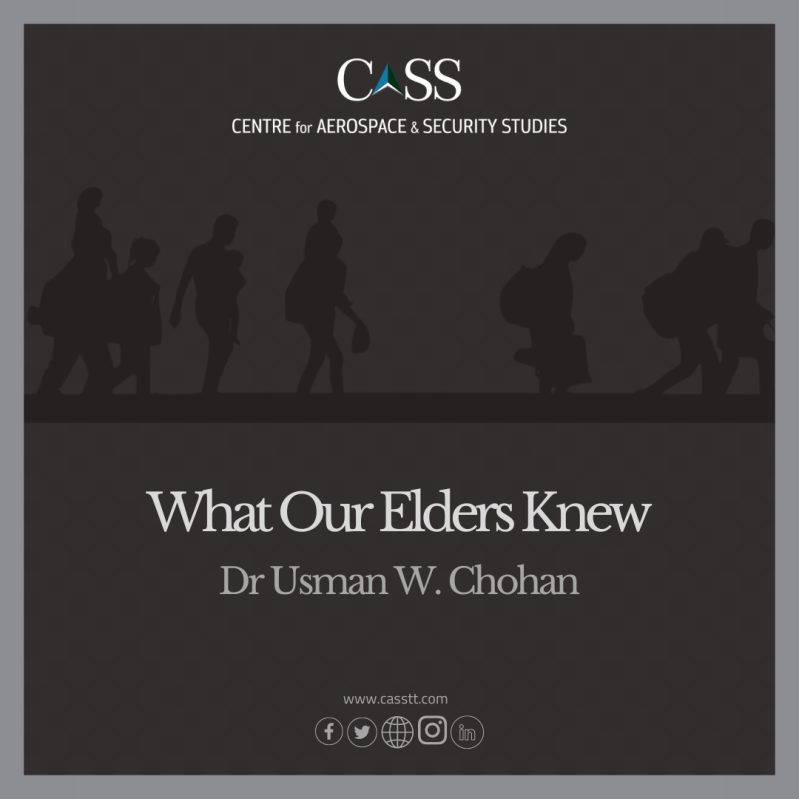The flame of hatred towards the Mussalman has long simmered in India. It has always radiated intensely in the backdrop of Indian society, as structural violence and systemic discrimination. At times, however, it has boiled over into open and unrestrained violence against the Muslim minority. The frequency of such eruptions has increased greatly in recent years, in no small part because a militant movement, the RSS, has condensed the rage into a full social blaze.
The Musulman, whether living in India or Pakistan, has become the bête noire of all ills that afflict Indian society – and there is no shortage of such ills: poverty, inequality, disease, violence, illiteracy, bigotry, and much more. PM Modi’s foolhardy mismanagement has worsened each of these, but anyone who challenges the totalitarian writ of Modi’s BJP government is immediately told to “go to Pakistan.” Anyone who steers out of line with the Hindutva Politburo, even if he might be a Hindu, belongs elsewhere – in Pakistan. That is, ultimately, because there is a Pakistan to belong to.
Now damned are the Mussalman who have received the BJP’s ultimatum: should they continue to pollute this Hindu motherland with their wretched existence, or refuse their ghar wapsi (homeward return), they are better off dead if they won’t flee to Pakistan. Their rage is encapsulated by extraordinary slogans recorded during recent mob violence and pogroms: Mussalman ke do hi Sthan; Qabaristan, ya Pakistan. There are only two real choices for Muslims: a grave in the ground or a homeland of their own.
Sounds familiar? This was precisely the logic that underpinned the Two Nation Theory: that there were two distinct civilizations that were unsustainably enmeshed in the same compressed space, and they could only avoid collision and begin to thrive if they occupied free and distinct living spaces which allowed them to flourish. If the two civilizations would not adopt adequate protective measures and occupy separate and free domains, they would come into so many
constant frictions that they would ultimately collide and annihilate one another. And since the Musulman came in fewer numbers than the Hindu, he would suffer the bigger brunt of violence and would therefore need to be much more proactive in assuring his own freedom and survival. There was an immense wisdom in this theory, recognized by our elders, that has become evident with every passing day.
The proclamation of the determined spirit which emanated from accepting the Two Nation Theory arrived on March 23, 1940, when the Pakistan Resolution was passed amid the jubilant fervor of a people who had begun to see the rays of hope along a new path for their civilization. Our elders who were present at that moment collectively spoke their will: that the people, and their generations yet unborn, could and would struggle to attain their liberation.
Our Elders knew the long road ahead would be swept constantly by unrelenting tides of adversity. But it was a price worth paying, because they knew something that others knew not: without vigorous democratic action and ardent collective struggle, a time would come when the social fabric of the Mussalman would then be totally rent asunder by the tyranny of an irredentist majority.
They knew, for all the sweet-talk of the self-proclaimed liberals of the time (especially the Congress Party), that the background radiation of hatred against Muslims was maniacally destructive, and no amount of honey-drenched rhetoric would change the reality of two nations, with distinct worldviews and ambitions, compressed into the same space. The agitation for their separate homeland inspired our elders to push forward, galvanized by the resolution of March 23rd and unswayed by the deceptions of their enemies.
Those Mussalman who could not or would not heed the call for Pakistan now see the condition of their minority community in India, and they have hell to pay. In India, what does the Mussalman do now? He puts his hands together and he pleads for his life, begging his tormentors to spare his rickety home and his trembling children. This is all he can do anymore. There is no hope left for them, and India’s Muslims are truly the wretched of the earth: dispersed, impotent, and dispossessed.
That is the fate spared us, one of despondence and fatalism, because of what our elders knew. Through the triumph of democratic will, they realized the birth of a homeland that would be their very own, to be built according to their own aspirations and in harmony with their distinct worldview. However, there is still much to be done for our living enerations to do any justice to the aspirations of our elders.
In many ways and on many fronts, we are letting them down. This is because we do not realize the gift our elders have given us. But while we disappoint them, our elders did not disappoint us, because they knew – they foresaw – the damnation that would be our fate if they wouldn’t work together and struggle. March 23rd is an occasion for us to express gratitude to our elders for acting upon what they knew, and ask ourselves how we too shall, saddling the weight of history, work together and struggle.
The writer is the Director for Economics & National Development at the Centre for Aerospace and Security Studies (CASS). He can be reached at [email protected]





